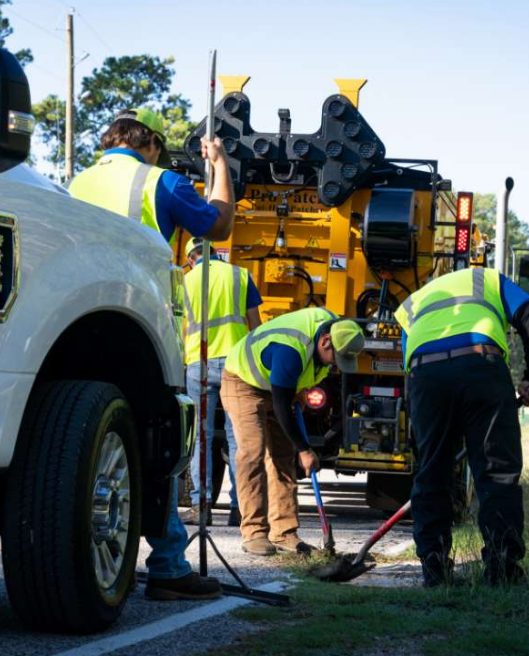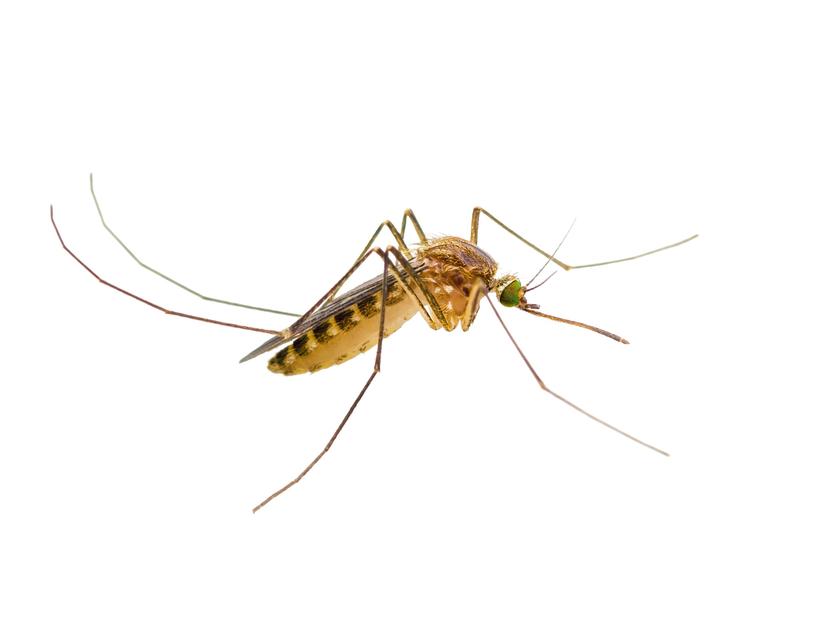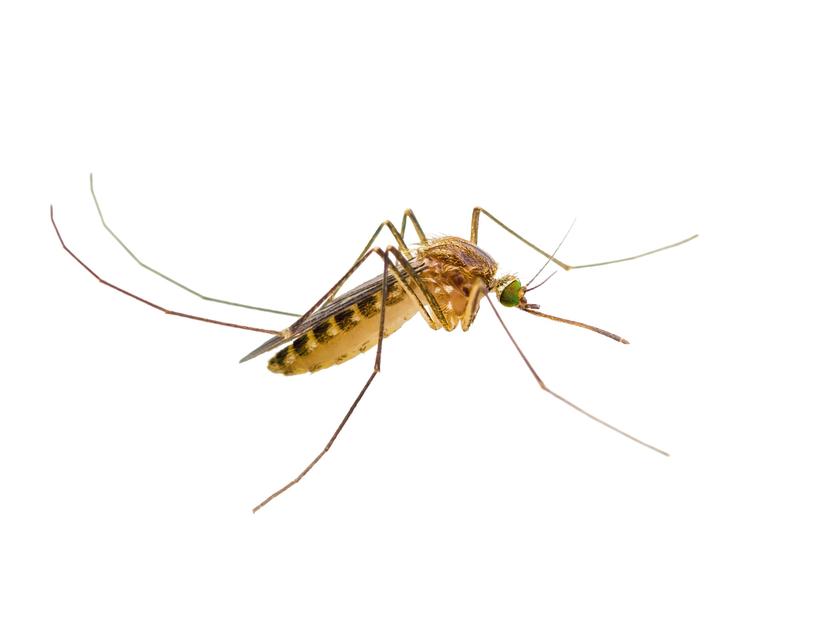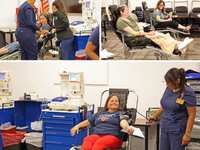- Sections :
- Crime & Public Safety
- Restaurants & Food
- Sports
- More
Categories
Two Human cases of West Nile Virus confirmed in Montgomery County
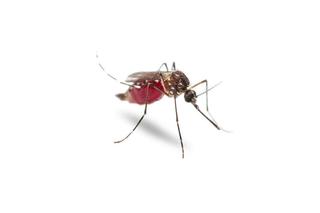
THE WOODLANDS, TX -- Montgomery County Precinct 3 Commissioner James Noack’s Mosquito Abatement Department takes necessary steps as the first two human cases of West Nile Virus are confirmed in Montgomery County.
A female in her 60’s, living in zip code 77382, has been reported as a probable case of West Nile Fever; a male in his 70’s, living in 77381, has been reported as a probable case of West Nile Neuroinvasive Disease. On this date in 2019, there were no reported cases of West Nile Virus.
“Our office works diligently to minimize the risk of contracting a mosquito-borne illness,” Commissioner Noack said. “The Mosquito Abatement Team is coordinating with the Montgomery County Public Health District on this effort.”
The Mosquito Abatement Team proactively tests mosquitoes throughout the South County area for West Nile virus, and conducts site surveys to search for mosquito breeding sites. To report an issue or request a survey, please call the Mosquito Abatement Team at 281-364-4203.
According to CDC the most effective way to avoid West Nile Virus disease and Zika is to prevent mosquito bites. Avoid bites by using insect repellants that contain DEET, picaridin, IR3535, and some oil of lemon eucalyptus and para-menthane-diol products and follow their directions for use. Weather permitting, wear long sleeves, pants and socks when outdoors.
Many mosquitoes are most active from dusk to dawn. It is good to consider staying indoors during these hours.
It is important to mosquito-proof your home. Empty any standing water from flowerpots, gutters, buckets, pool covers, pet water dishes, discarded tires, birdbaths and any other items holding water on a regular basis. Install or repair screens on windows and doors to keep mosquitoes outside.
West Nile virus infection can cause serious disease and is most commonly spread by infected mosquitoes. People typically develop symptoms between 3 and 14 days after they are bitten. According to the CDC approximately 80 percent of people who are infected will not show any symptoms at all, but there is no way to know in advance if you will develop the illness or not.
Milder symptoms include fever, headache, body aches, nausea, vomiting and sometimes swollen lymph glands or a skin rash on the chest, stomach and back. These symptoms can last up to several weeks. Serious symptoms that account for less than 1% of those infected can include high fever, headache, neck stiffness, disorientation, coma, tremors, seizures or paralysis. These symptoms can last for several weeks and neurological effects may be permanent.
If you develop symptoms of severe WNV illness such as unusually severe headaches or confusion seek medical attention immediately. The majority of milder WNV illnesses improve on their own.
For more information on WNV please visit the CDC at http://www.cdc.gov/westnile/index.html
A female in her 60’s, living in zip code 77382, has been reported as a probable case of West Nile Fever; a male in his 70’s, living in 77381, has been reported as a probable case of West Nile Neuroinvasive Disease. On this date in 2019, there were no reported cases of West Nile Virus.
“Our office works diligently to minimize the risk of contracting a mosquito-borne illness,” Commissioner Noack said. “The Mosquito Abatement Team is coordinating with the Montgomery County Public Health District on this effort.”
The Mosquito Abatement Team proactively tests mosquitoes throughout the South County area for West Nile virus, and conducts site surveys to search for mosquito breeding sites. To report an issue or request a survey, please call the Mosquito Abatement Team at 281-364-4203.
According to CDC the most effective way to avoid West Nile Virus disease and Zika is to prevent mosquito bites. Avoid bites by using insect repellants that contain DEET, picaridin, IR3535, and some oil of lemon eucalyptus and para-menthane-diol products and follow their directions for use. Weather permitting, wear long sleeves, pants and socks when outdoors.
Many mosquitoes are most active from dusk to dawn. It is good to consider staying indoors during these hours.
It is important to mosquito-proof your home. Empty any standing water from flowerpots, gutters, buckets, pool covers, pet water dishes, discarded tires, birdbaths and any other items holding water on a regular basis. Install or repair screens on windows and doors to keep mosquitoes outside.
West Nile virus infection can cause serious disease and is most commonly spread by infected mosquitoes. People typically develop symptoms between 3 and 14 days after they are bitten. According to the CDC approximately 80 percent of people who are infected will not show any symptoms at all, but there is no way to know in advance if you will develop the illness or not.
Milder symptoms include fever, headache, body aches, nausea, vomiting and sometimes swollen lymph glands or a skin rash on the chest, stomach and back. These symptoms can last up to several weeks. Serious symptoms that account for less than 1% of those infected can include high fever, headache, neck stiffness, disorientation, coma, tremors, seizures or paralysis. These symptoms can last for several weeks and neurological effects may be permanent.
If you develop symptoms of severe WNV illness such as unusually severe headaches or confusion seek medical attention immediately. The majority of milder WNV illnesses improve on their own.
For more information on WNV please visit the CDC at http://www.cdc.gov/westnile/index.html
Comments •



